sharing know-how
Learn
How to run a Common in Europe
This section offers in-depth resources and an e-learning section for enhancing or acquiring new skills and competences for commoners.
Are you up for some E-Learning?
Browse the static resources or Access innovative materials designed to support your training path in the Commons universe.
So, choose a training from our e-learning platform
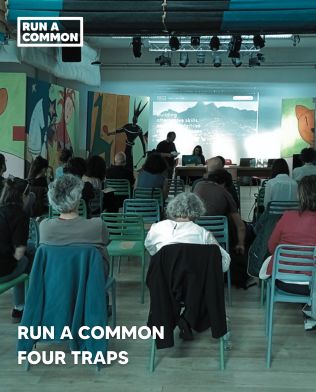
This short reflection stems from a collective conversation held in Riga during the BASICC project and identifies four recurring pitfalls that many commons face in their everyday life. Rather than offering solutions, the text invites readers to reflect on how conflict, participation, power and economy are navigated in common spaces—and how they can quietly undermine […]
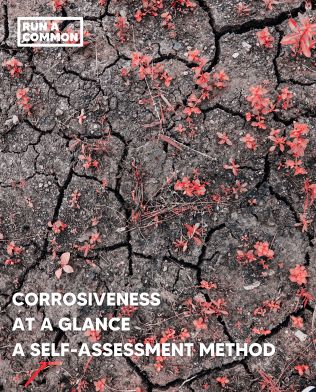
This short tool is designed to help commons and third places reflect on their transformative potential. Rather than measuring performance, it asks a more radical question: Are we changing the system, or helping it adapt?By introducing the concept of corrosiveness, the authors invite collectives to assess whether their actions challenge the roots of inequality and […]
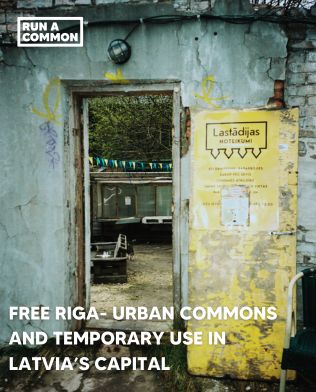
A resource developed as part of the BASICC project, based on the article published by Dixit and authored by Rosalie Moreau, following an immersive field visit to Riga with Free Riga and the French University Certificate on Common Spaces.
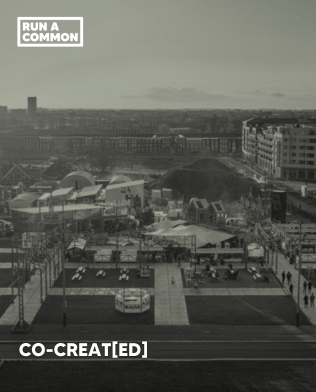
co-creat[ed] is a popular science journal designed as a platform that combines research, practice and innovative approaches. Its goal and vision is to promote discussions on sustainable urban development, community building and alternative forms of economy. This initiative combines FREE RIGA’s experience in activating cultural space, using abandoned places as a platform for various creative […]
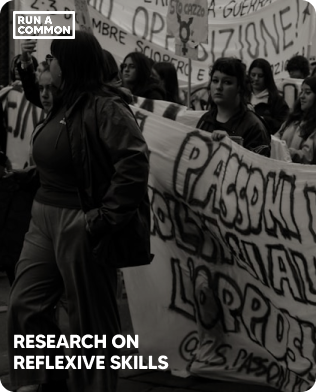
“Which are the reflexive skills that already exist in our common processes? How can these be further developed? Our final purpose is to use these learnings to build a provisional and open toolkit of reflexive skills and observe how these ones can be visibilised and transmitted to enhance commons’ impact on society.” This report takes […]
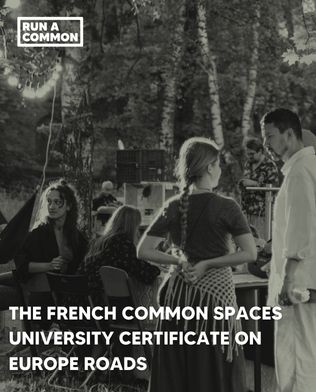
This report traces the adaptation and testing of the DU Espaces Communs (Common Spaces University Diploma) in three European contexts: Brussels, Riga, and Naples. Through immersive training sessions, the program explores how a flexible, peer-based pedagogical model focused on common spaces and hybrid urban practices can be replicated or transformed in different national ecosystems. The […]
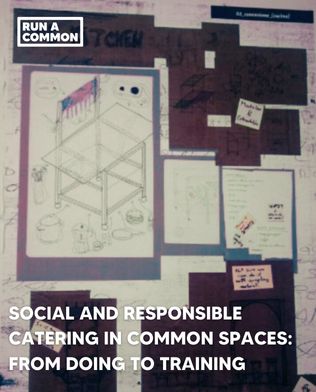
This report explores the potential of canteens and kitchens in common spaces as informal yet powerful learning environments. Based on practical experience in several European cities, it investigates how food-related jobs within commons settings can contribute to vocational training and social inclusion. The document also proposes a framework for a new training program that combines […]
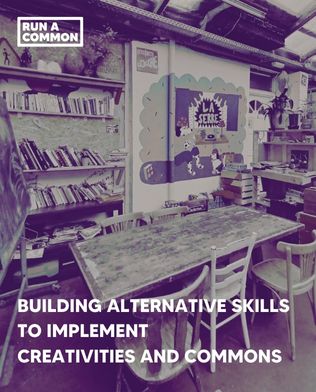
This report explores how vocational education and training (VET) can support the reactivation of vacant urban spaces through socially meaningful uses, referred to as commons. Developed within the BASICC project, it provides both a narrative of field activities and a comparative look at policies and training practices across Italy, France and Latvia. The document reflects […]
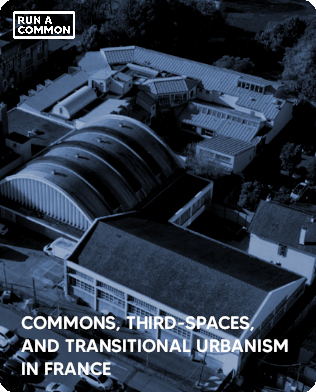
This article explores the concept of commons, third spaces, and transitional urbanism in France. While French law lacks a formal definition of commons, recent initiatives highlight efforts by public and civil actors to integrate commons-based principles into urban policy. Third spaces, supported by national programs, foster community collaboration and local resilience, while transitional urbanism repurposes […]
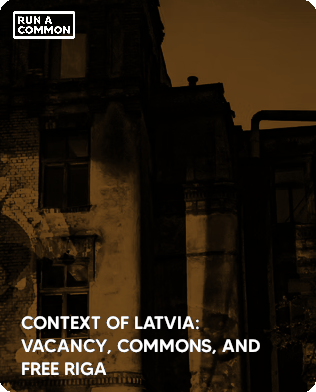
Riga's landscape has undergone significant transformations over the past few centuries, particularly accelerated in recent decades. Economic shifts and social changes across the city have left many buildings and spaces abandoned. Transforming vacant areas into community hubs is a cornerstone of urban revitalization efforts. These initiatives breathe new life into neglected spaces, turning them from […]